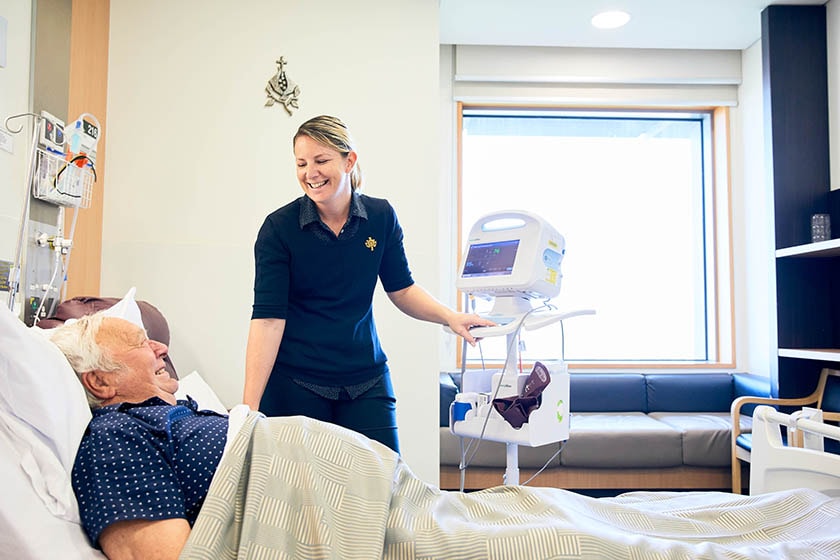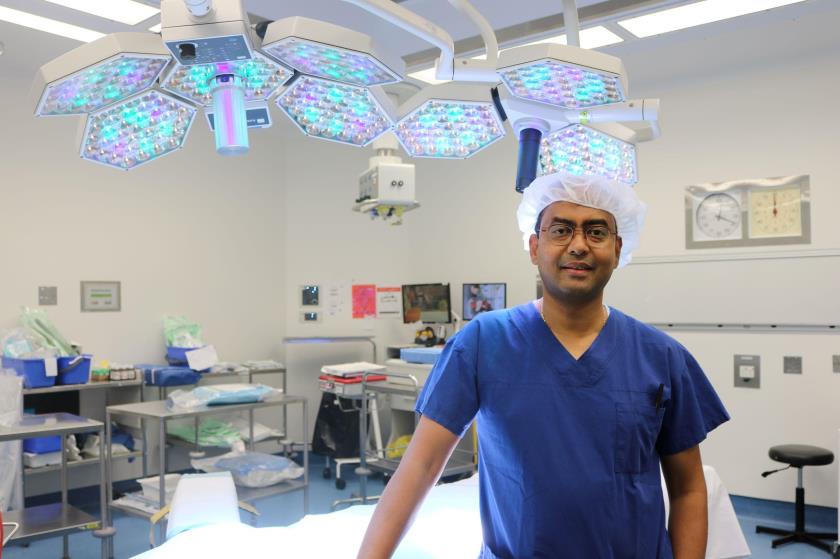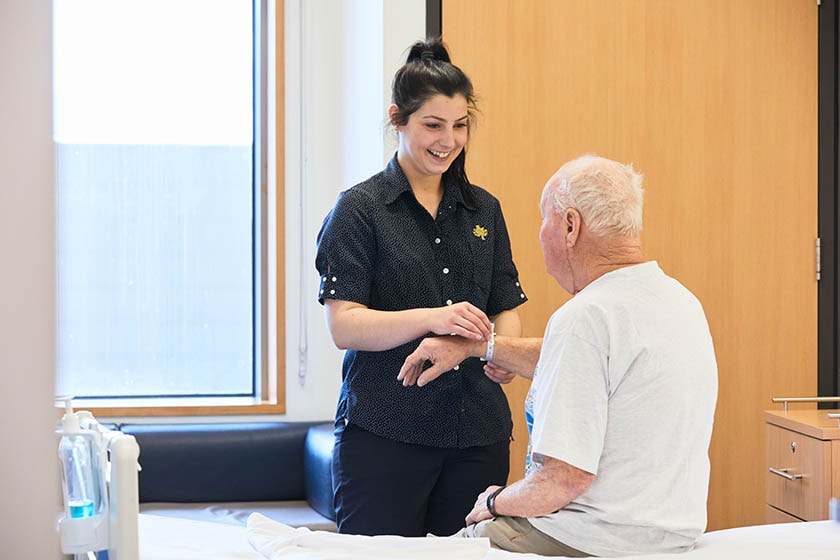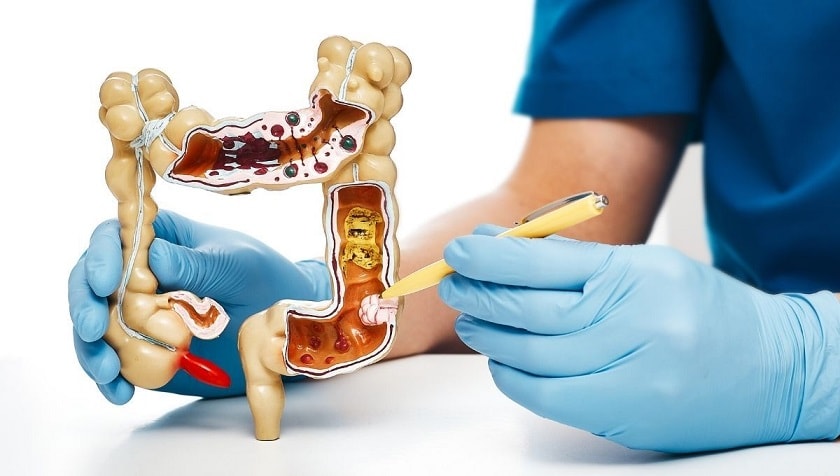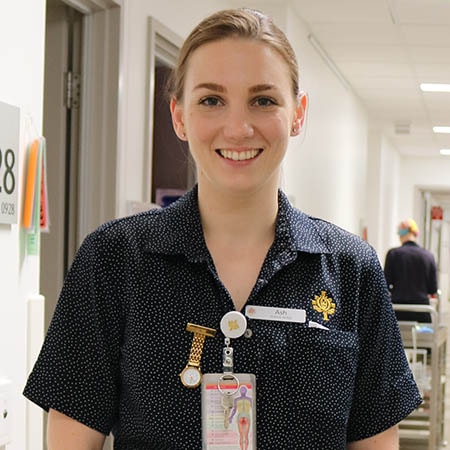Pancreas
- The pancreas is an organ that is a part of digestive system. It is located behind the stomach and next to duodenum
- It has two roles; secreting hormones, including insulin and glucagon, to regulate your blood sugar levels, and secreting enzymes into your digestive system to help breakdown of fats.
Conditions that impact the pancreas
The functioning of your pancreas can be affected by a range of conditions. The three most common are:
- Diabetes
- Pancreatitis
- Pancreatic cancer
Diabetes and pancreatitis can be diagnosed through symptoms that correspond to the conditions.
Pancreatic cancer is notoriously hard to diagnose because the organ itself is hidden behind other organs within your body, making it hard to see. In many cases symptoms do not appear in the early stages.
Symptoms of pancreatic cancer
Symptoms are often not apparent until pancreatic cancer is large enough to effect or spread to other organs.
This can make it really difficult for doctors to diagnose.
If you do experience symptoms, the most common we see in pancreatic cancer are:
- pain in the upper abdomen
- loss of appetite
- nausea and/or vomiting
- unexplained weight loss
- change in your toilet habits, including diarrhoea or constipation
- jaundice
Pancreatic cancer causes
Many of the things that cause pancreatic cancer are similar to risk factors for other cancers.
This includes smoking, age (it is more common in people aged over 65), diabetes, a family history of pancreatic, ovarian or colon cancer, and pancreatitis.
How to keep your pancreas healthy
Leading a healthy and active lifestyle is the best way you can reduce your risk factors for developing pancreatic cancer, or other pancreatic conditions.
Some tips that might help you include:
- following a low fat diet
- losing weight (if you are overweight) and stay fit
- avoiding drinking too much alcohol
- stopping smoking
- getting a regular check-up from your GP.
If you are worried that you might have symptoms of pancreatic cancer or a related condition, your best first step it to speak to your GP.
They can complete a range of tests and if necessary, refer you to a specialist to complete further testing and treatment.

